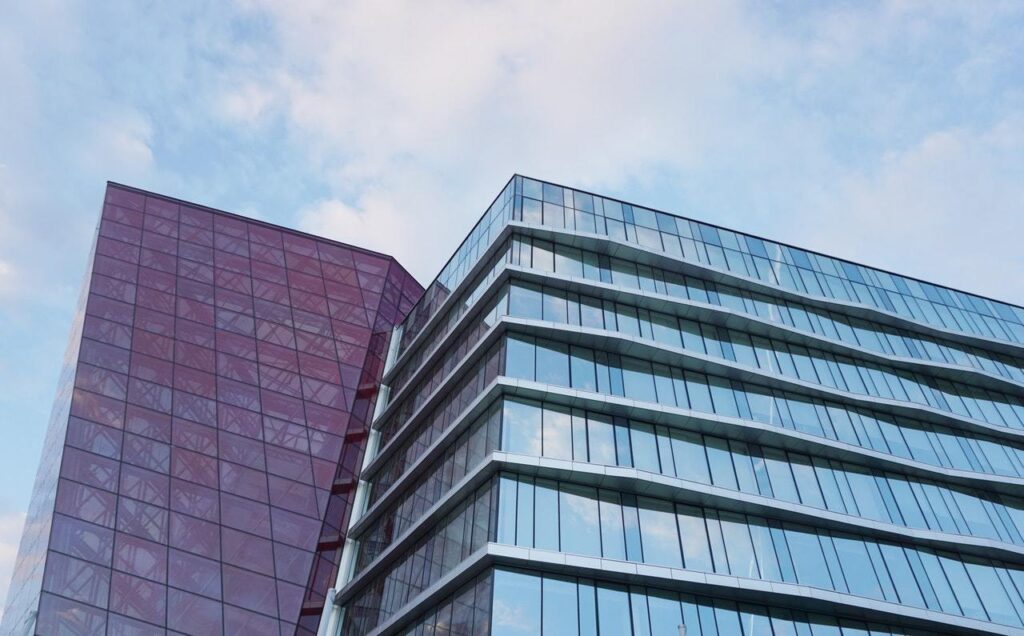If you’re looking to generate a better return on investment with your commercial real estate investment, you have to take cash flow optimization seriously. And by reevaluating your approach to leases, rent, maintenance and other areas, you can create positive momentum in this area.
6 Simple Ideas for Improving Cash Flow
Cash flow, which can basically be summed up as the amount of cash you have left each month after expenses are subtracted from the lease payment, is the lifeblood of commercial real estate management. If you’re going to maximize your cash flow, you need a specific plan that empowers you to gradually increase your return. Here are a few suggestions:
1. Hire a Property Management Company
While we outline numerous hands-on tips below, you should at least consider the option of hiring a property management company. In addition to handling practical aspects like lease agreements and property marketing, a good property management company will oversee cash flow maximization. This frees you up to focus on other big picture elements.
2. Restructure Leases
In some situations, restructuring a lease that you already have in place with a tenant can give you more freedom and flexibility to increase cash flow.
Let’s say, for example, that you’ve identified an opportunity to change up the floor plan and layout. In doing so, you believe you’ll be able to increase rent by 25 percent. The problem is that you currently have a tenant locked in for another two years. You could come to that tenant and offer them a 20 percent reduction in rent in exchange for knocking the lease agreement down to 12 months. This would allow you to address the remodel sooner and begin earning more cash flow faster.
There aren’t a ton of situations where restructuring makes sense – particularly in today’s market – but it is an option you have when there are extenuating circumstances in place. Keep this in mind.
Also Read
3. Increase Rent
The most obvious strategy is to increase the rent on your property. Unfortunately, it’s not always as easy as it seems.
If you’re currently leasing the property well below market value, then you certainly have a strong case for raising rent. But if you’re already at the top range of the market, it’ll be more difficult than you realize. (This is especially true in today’s market where many businesses are already contemplating downsizing and/or going 100 percent virtual.)
If you do decide to increase rent, consider doing it incrementally. In other words, if the plan is to increase it by $1,000 per month, you might do a slow rollout with a $500 increase for six months and another $500 after six months.
4. Get on a Maintenance Schedule
It’s tempting to ignore short-term maintenance – particularly when it’s something that doesn’t have to be addressed. And though putting off maintenance can improve your short-term cash flow, it constricts your long-term prospects.
A proactive maintenance plan that addresses small issues before they become major expenses will save you thousands of dollars per year. There is such a thing as deferred maintenance, but it should be done sparingly. If you can afford to do so, do it today!
5. Offer Extras to Renters
The commercial space itself is just one element. And though it’s definitely the most important, there are ample opportunities to monetize extras and add-ons.
For example, if you own multiple units in a commercial building, you could possibly negotiate bulk discounts from an internet provider and charge retail prices to your tenants. Or there could be opportunities to lease out storage space or charge for premier parking spots.
In some cases, extras and add-ons can generate enough revenue to cover a large percentage of your overhead.
6. Enhance Energy Efficiency
You can save a significant amount of money by investing in energy-efficient upgrades. Depending on your property’s size, seemingly small improvements can deliver massive savings when compounded over time.
Take a simple switch to LED lighting as an example. Swapping out a single bulb could save you $15 per year. While that’s not very impressive, consider the savings generated by swapping out 500 bulbs. That amounts to $7,500 per year, or $75,000 over 10 years. And that’s just light bulbs. There are dozens of additional improvements that can be made.
Putting it All Together
The interesting thing about commercial real estate is that every property is unique. (Unlike other industries, you never sell the same product twice.) Likewise, every profit maximization strategy will have elements that must be accounted for. However, as long as you learn these basic principles, you’ll be able to adapt them to your own situational factors and generate maximum cash flow and ROI.
